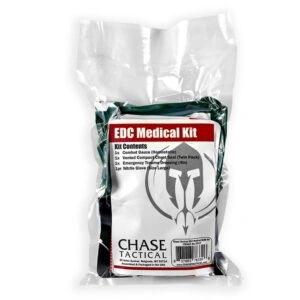Essential Medical Supplies for Outdoor Survival
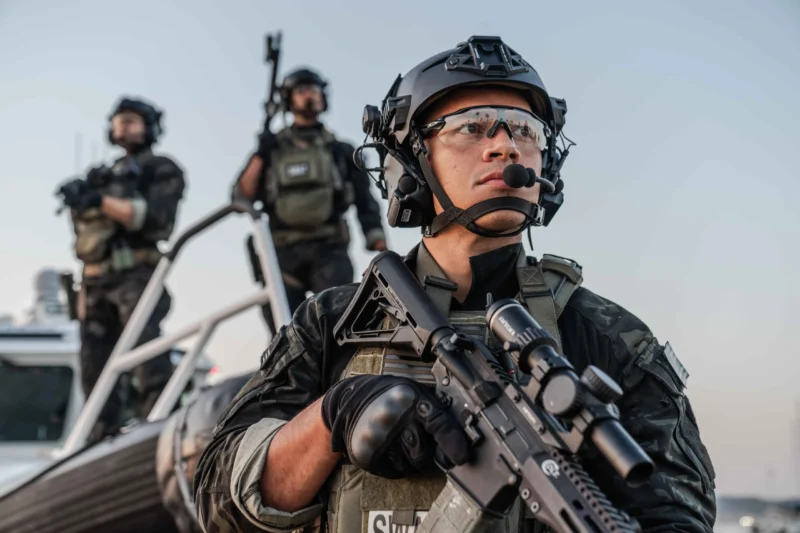
When you head into the outdoors for a hike or adventure, you accept the chance of facing surprises. Nature is both beautiful and harsh, and accidents or health issues can happen unexpectedly. While preparing for your trip, it’s essential to consider food, water, and shelter, but having the right medical supplies is equally crucial. Knowing what medical items to take and how to use them can make a big difference between a minor problem and a life-threatening situation.
Gear up for safety and shop medical supplies at Chase Tactical now!
Why Do I Need Medical Supplies to Survive Outdoors?
When you’re miles away from the nearest hospital, the ability to treat illness and injury yourself becomes critical. Being equipped with the right First aid items gives you a sense of safety and enables you to remain safe while enjoying the great outdoors. A small issue can prevent you from completing your mission or, in some cases, seriously harm your health if you don’t address it.
What Are the Major Medical Supplies for Outdoor Survival?
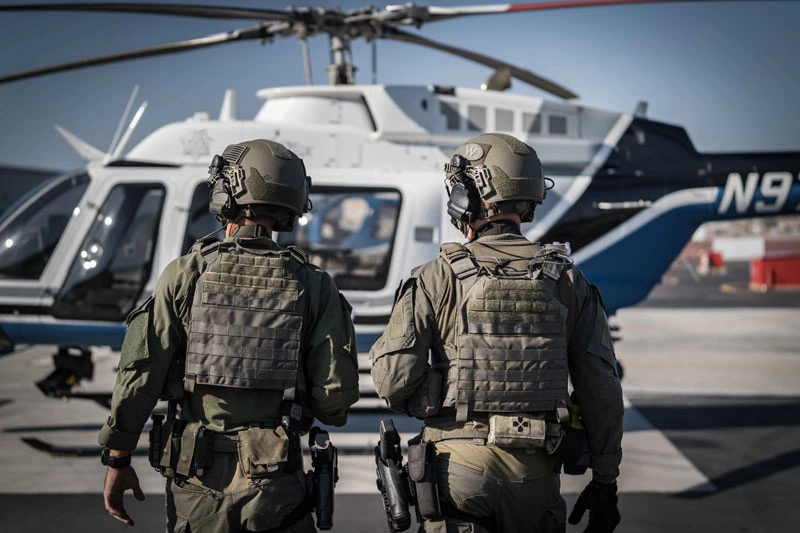
It’s essential to know what to include in your kit and how to use medical supplies properly for your protection. Here are the general medical supplies that you should always carry with you when going outdoors.
1. First-Aid Kit
A general, simple first-aid kit serves as the foundation of any outdoor medical kit. It needs to be lightweight, waterproof, and easily accessible in your emergency backpack. The first-aid kit should include basic supplies such as adhesive bandages, gauze pads, antiseptic wipes, and tweezers. Ensure that it consists of a variety of bandages of different sizes and shapes to cover other types of wounds.
2. Pain Relief Medications
Aches and pains can be due to injuries or strenuous outdoor activities. Your medical kit should contain over-the-counter pain medications, such as ibuprofen, acetaminophen, or aspirin, to help alleviate pain and discomfort. These medicines can treat pain, swelling, and fever. Always arrange your outdoor medical supplies in a way that allows for easy access when needed. For this purpose, consider using a Chase Tactical IFAK MOLLE pouch.
3. Antiseptic Solutions and Ointments
If you sustain cuts, scrapes, or abrasions, it is crucial to clean the wound thoroughly to prevent infection. Antiseptic wipes, alcohol wipes, or iodine solution can disinfect injuries. Antibiotic ointments, such as Neosporin, are also crucial in preventing infection when you have open wounds.
4. Bandages and Gauze
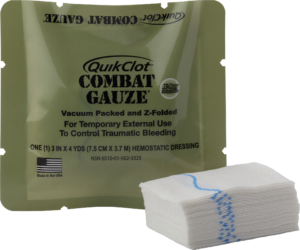
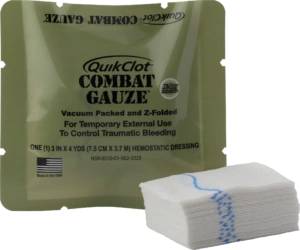
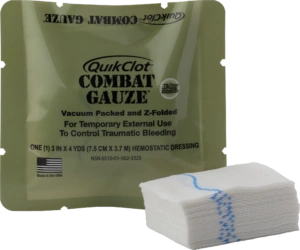

Whether it’s a minor scrape or a more serious wound, having a variety of bandages and Chase Tactical gauze pads is key to protecting and dressing the injury. Gauze is essential for larger wounds, while adhesive bandages are useful for smaller cuts and scrapes. It’s also important to include medical tape to secure the bandages in place.
5. Sterile Needles and Syringes
For wounds that may require deep cleaning, sterile syringes or needles to flush out dirt and debris are extremely helpful. They are particularly necessary for larger or worse wounds, where there’s a higher risk of infection.
6. Wraps and Splints for Sprains
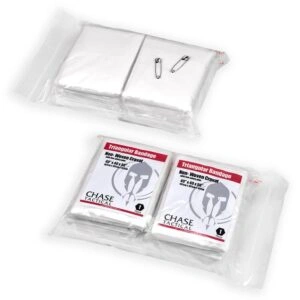
Sprains and fractures are common when participating in activities such as hiking, climbing, or running outdoors. A splint will immobilize the injury and prevent further damage. Chase Tactical bandages are perfect for wrapping a sprain, but a more rigid splint may be necessary for fractures. Be sure to learn the basics of splinting before venturing into the wilderness.
7. Tweezers and Scissors
Tweezers are necessary for removing splinters, ticks, or stingers that can be harmful to health if left in the body. Small scissors or trauma shears are also convenient for cutting gauze or bandages. Trimming tape or even opening packages in an emergency.
8. Thermometer
Although not a top priority, a thermometer is useful for taking body temperature in cases of heatstroke, hypothermia, or fever. Knowing your body temperature enables you to make a more informed decision about seeking shelter or getting medical attention.
9. Hydrocortisone Cream
For insect bites, itching, or rashes, hydrocortisone cream can provide relief. The cream will reduce pain and inflammation, which can be especially useful in areas with a high insect population or in cases of sudden allergic reactions to plants like poison ivy.
10. Insect Repellent
Insects such as mosquitoes and ticks can carry diseases like Lyme disease, malaria, or West Nile virus. A good-quality insect repellent with DEET or picaridin can be a lifesaver. Make sure it is suitable for the area where you’ll be traveling, as some environments may have more aggressive pests than others.
Conclusion
Being prepared for an emergency in the wild is about more than just having the right outdoor gear. It’s about taking the right steps to protect yourself, your friends, and your loved ones while enjoying the outdoors. Medical supplies for outdoor survival not only provide the tools to manage minor injuries but can also help prevent more serious medical issues from escalating. The key to safe adventures is packing thoughtfully and knowing how to use the supplies effectively.
Frequently Asked Questions
How often do I need to replace the medical supplies in my outdoor kit?
It’s a good idea to inspect and replace medical supplies annually or after returning from an outdoor trip, especially items such as medications, bandages, or ointments that have expiration dates or can lose their effectiveness over time.
Do I need to bring additional medical supplies if I’m traveling for an extended period?
Yes, for extended trips, it’s a wise plan to carry more medical equipment. Consider the length of your trip, the number of people in your group, and the potential severity of any injuries when determining how much to carry.
Do I buy a pre-assembled first-aid kit or create my own?
You can certainly create your own, but pre-made first-aid kits are convenient and often come with a nice assortment of supplies. Both are acceptable if you tailor them to your needs and activities.

